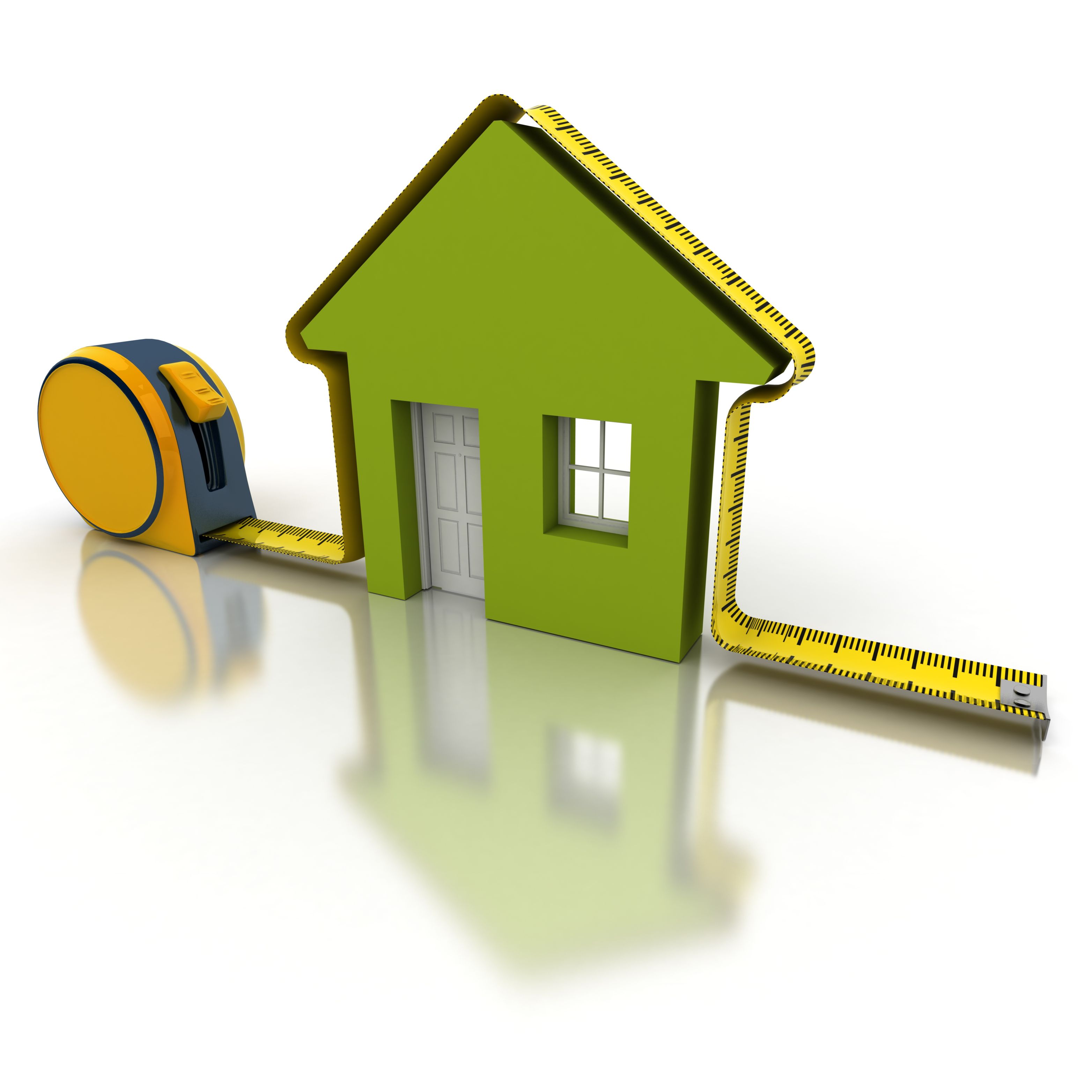
Property Taxes Just Went Up? We’ve Got You Covered!
It’s reassessment season for most folks in our area. Homeowners

So far in our series on home measurements, we’ve looked at how public records can differ from an appraiser, and how manufactured homes are measured. If you missed either one of those blog posts, you can find them here and here.
Now let’s look at one final example of how inaccurate measurements can cost you serious money. Last year, a home was listed in Owensboro and the total GLA was reported in the MLS as 2,382. This was the number also reported by the PVA. The listing agent gave me a copy the sketch from a previous appraisal completed on the subject property. Here’s what it looked like:
The listing agent based the list price on what he thought was accurate measurements. In fact, they were off by 152 square feet. That’s right, the home was actually 2,230 square feet. Here’s how the house actually looks:
Notice the home is completely different, especially in the upper level.
So why does it matter? The Realtor listed the home based on inaccurate information. Once the true square footage was calculated, the appraisal could not support the purchase price, and the inaccurate measurements ended up costing the seller over $16,000! Need a better reason to have your home measured correctly?
Now, we all make mistakes. So whomever you hire to measure your house, take a quick second to look over their work and make sure the sketch at least looks like your home. Trust me…and the seller above…you’ll be glad you did.
And if you’re still not sold, here are the top five reasons to have your home measured by an appraiser:
So, if we can help with measuring, or with an appraisal or consulting, let us know. And, as always, we welcome your comments!

It’s reassessment season for most folks in our area. Homeowners

I feel like we all need a laugh. How about

So this may be a slight break from the norm,
Riverfront Appraisals has been providing comprehensive valuations of residential properties to Western Kentucky and Southwestern Indiana since 2008.